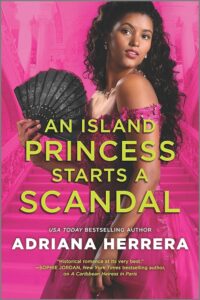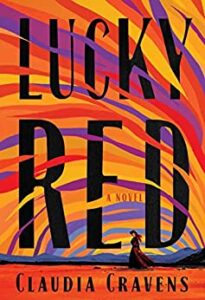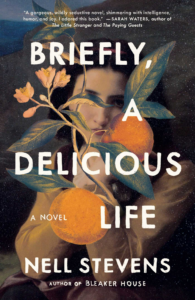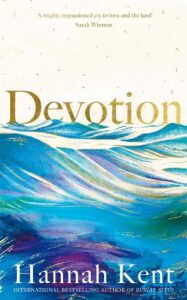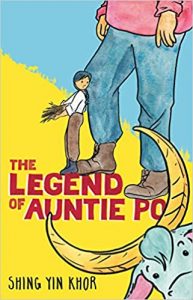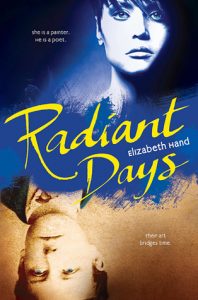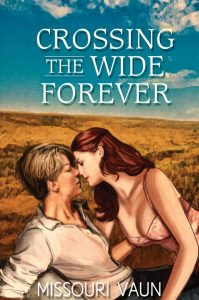Buy this from Bookshop.org to support local bookstores and the Lesbrary!
“A person could live a lifetime in six weeks, Your Grace. Entire lives have been changed in less.”
Picture this: it’s summer, your sunscreen is applied, and you’ve taken the day off to spend solo on the beach. You’ve already taken a dip in the ocean. You lay out your towel and get all your fun drinks and snacks ready, and you pull out An Island Princess Starts a Scandal: a steamy F/F romance set in 1889 Paris. Bliss. That’s how I read this title, and it was the perfect setting for this romp of a romance read.
I’m not usually a big romance reader, especially historical romance, but this changed my mind about what a historical romance novel could be. It has such a fun premise. Manuela is a lesbian engaged to a wealthy man, but she has a summer of freedom in Paris with her two best friends before she gets married. She plans to spend this time exploring the sapphic side of Paris in one last debaucherous adventure.
There, she meets Cora, a wealthy businesswoman giving off Anne Lister vibes. Basically the only thing of value to Manuela’s name as a single woman is a small parcel of land she inherited, and Cora needs it to complete a lucrative railway project. Manuela agrees to sell it on one condition: Cora needs to be her guide to the lesbian nightlife of Paris. Oh, and did I mention they already met once before at a queer sex club?
This made for a perfect beach read. I always love seeing the gay side of Paris in the late 1800s/early 1900s, especially the art and literary side. Manuela is a painter, so we see a bit of that: Manuela sees examples of women who have managed to make a living doing their art, something she thought was impossible.
That setting combined with the premise had me hooked from the beginning, and the dynamic between Manuela and Cora kept me reading. Manuela is reckless, indulgent, and clever, while Cora is more tightly wound and ambitious. They clash, but they’re also instantly obsessed with each other. Both are leveraging their power over each other before the land deal goes through for good, and they’re both pretending they’re fine with this being a purely physical, limited time fling.
I can’t leave off that this is perhaps the steamiest romance novel I’ve ever read. There are a lot of sex scenes, everything is described, and everything is described in detail.
I did sometimes get hung up on the writing style, because there are a ton of sentence fragments. They’re a stylistic choice, and I’m not saying it’s wrong to write that way, but they’re frequent. I did sometimes snag on that and get distracted from the story.
This is part of a trilogy of romance novels, each following one of three friends as their love stories play out simultaneously during this summer. I liked seeing glimpses into those stories, and though the other two are straight romances, I still might pick them up, since I had so much fun with this one. This is the second book in the series, technically, but I didn’t feel like I was missing anything by starting here.
If you’re looking for an immersive and sexy romance to escape with for a while, I highly recommend this one.

